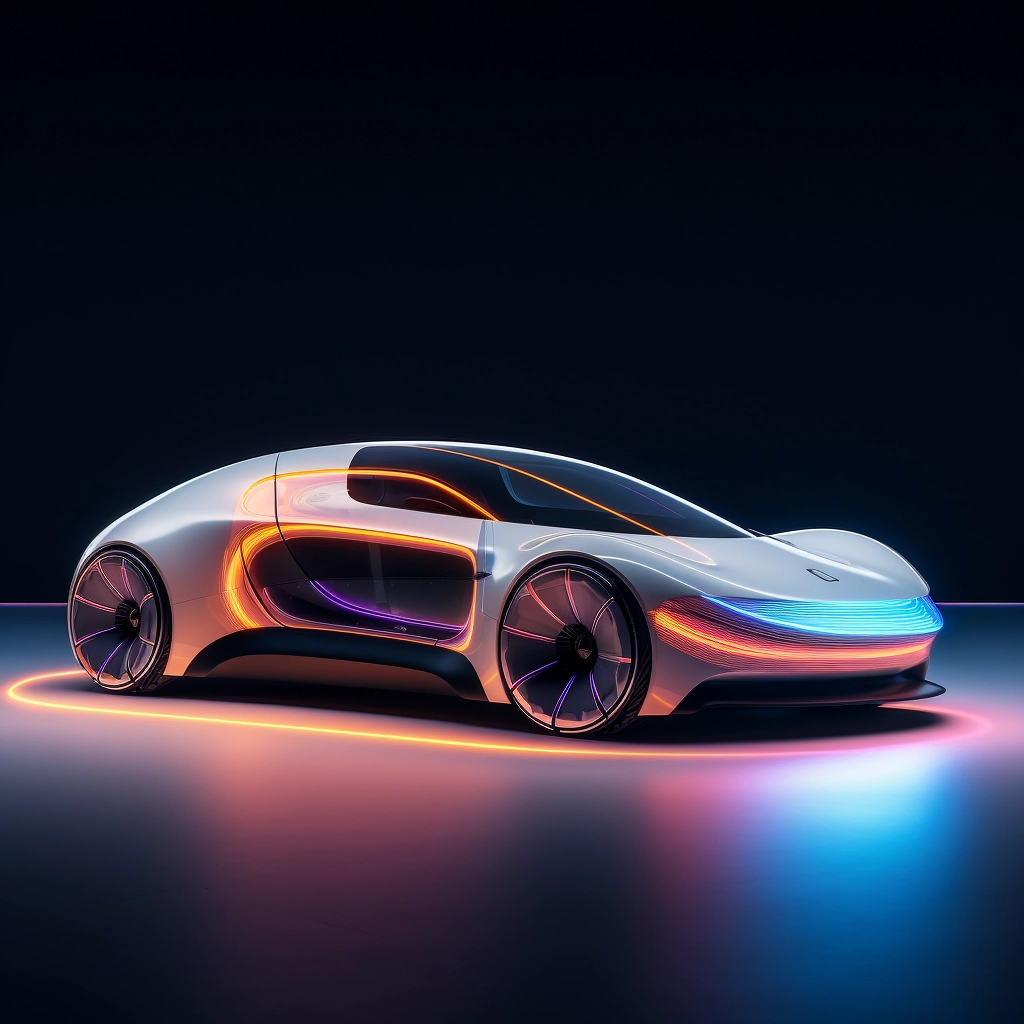The Fascinating World of Cars: Innovations and Trends


Cars have revolutionized transportation since their inception, becoming a cornerstone of modern society. With the automotive industry continually evolving, the focus keyword “cars” holds immense significance in understanding current trends, innovations, and consumer preferences. In this article, we will explore the latest advancements in the world of cars, including electric vehicles, autonomous technology, and sustainability efforts.
The Rise of Electric Cars
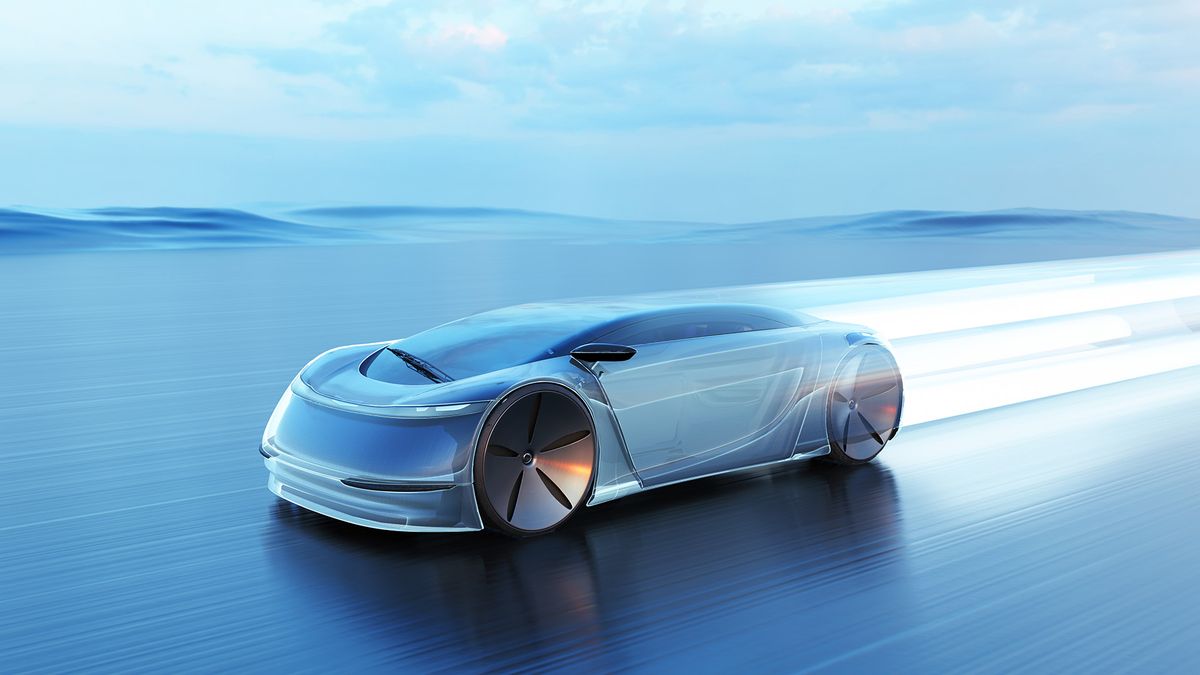
Electric cars are leading the charge in the automotive industry, offering a cleaner alternative to traditional gasoline-powered vehicles. The global push for sustainability has accelerated the adoption of electric cars, which promise to reduce carbon footprints and enhance energy efficiency. Major manufacturers like Tesla, Ford, and Volkswagen are investing heavily in electric vehicle (EV) technology, aiming to provide longer ranges and faster charging solutions.
Key Benefits of Electric Cars
- Environmental Impact: Electric cars produce zero tailpipe emissions, significantly improving air quality.
- Cost Savings: Owners can save on fuel and maintenance costs, as EVs have fewer moving parts than traditional cars.
- Performance: Many electric cars offer instant torque, leading to impressive acceleration and performance.
- Government Incentives: Many regions offer tax breaks and rebates for electric car purchases, making them more financially attractive.
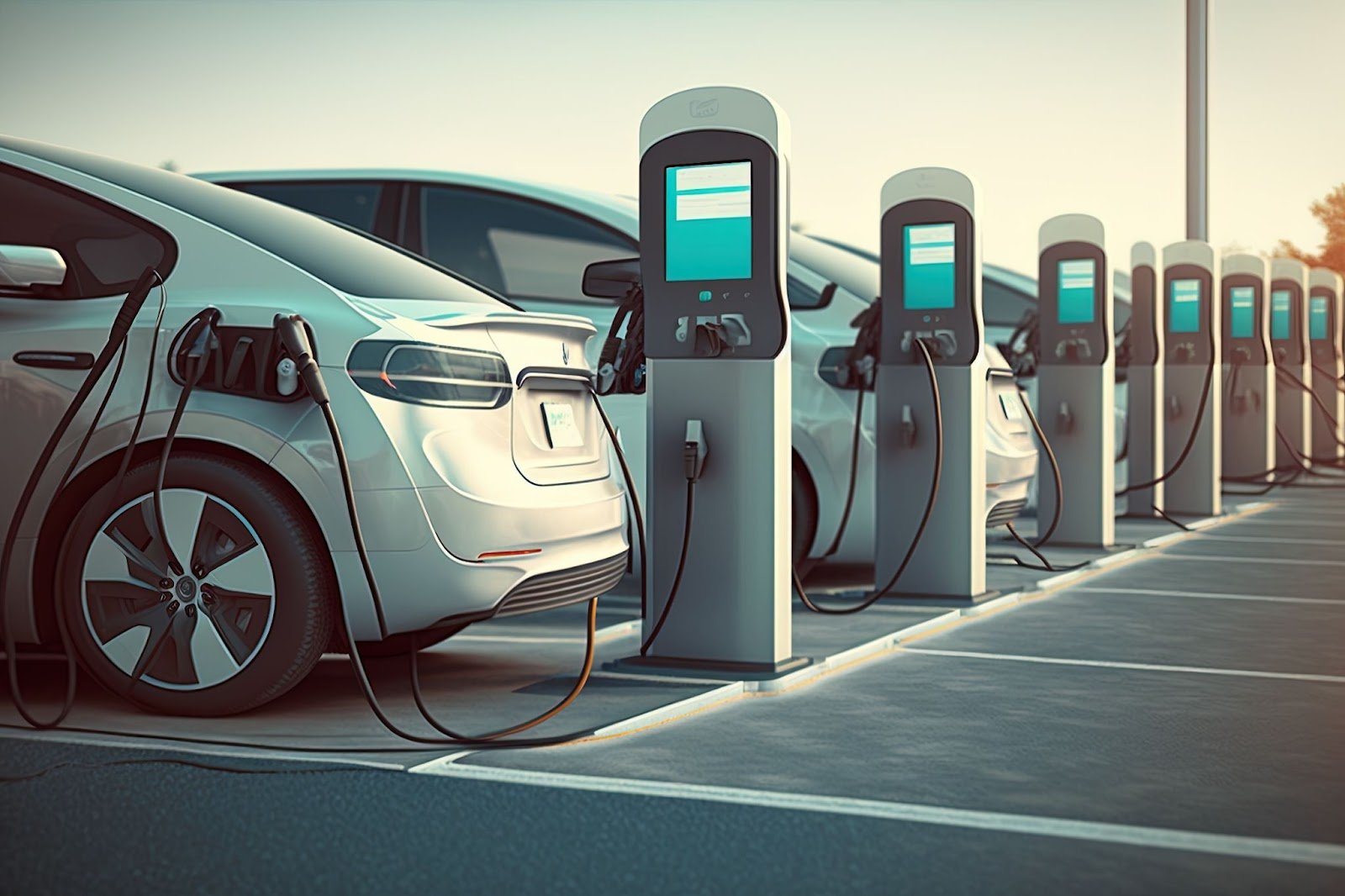
Advancements in Autonomous Cars
The future of cars is not just electric; it’s also autonomous. Self-driving technology is advancing rapidly, with companies like Waymo and Uber exploring how cars can navigate without human intervention. These innovations promise to enhance road safety and improve traffic efficiency.
Features of Autonomous Cars
- Advanced Sensors: Lidar, cameras, and radar help the vehicle perceive its surroundings.
- AI-Powered Navigation: Machine learning algorithms allow cars to make real-time decisions based on traffic and road conditions.
- Increased Safety: With reduced human error, autonomous cars aim to lower accident rates significantly.
- Improved Traffic Flow: Self-driving cars can communicate with each other, optimizing routes and reducing congestion.
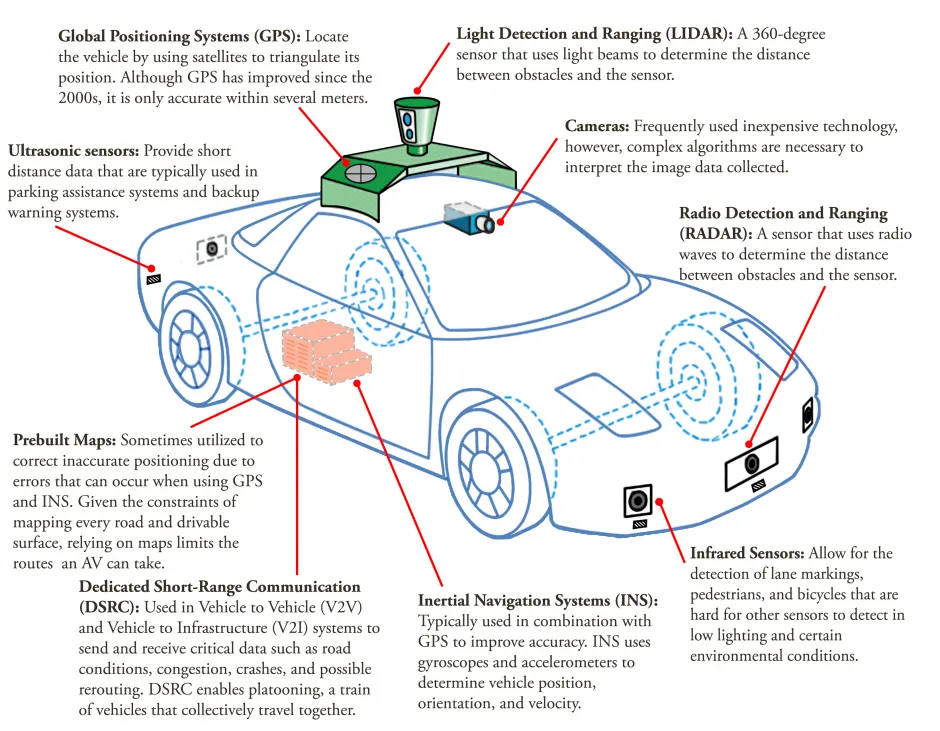
The Future of Car Design and Sustainability
Sustainability is a key driver in the future design of cars. Automakers are increasingly focusing on using eco-friendly materials and processes to minimize environmental impact. Innovations such as biodegradable plastics and recycled metals are becoming common in new car models.
Trends in Sustainable Car Design
- Lightweight Materials: Using carbon fiber and aluminum to improve fuel efficiency.
- Energy Efficiency: Developing hybrid models that combine electric and gasoline engines for better mileage.
- Smart Technology: Incorporating AI for optimizing driving habits and reducing energy consumption.
- Recyclability: Designing cars with end-of-life considerations, ensuring materials can be reused or recycled efficiently.
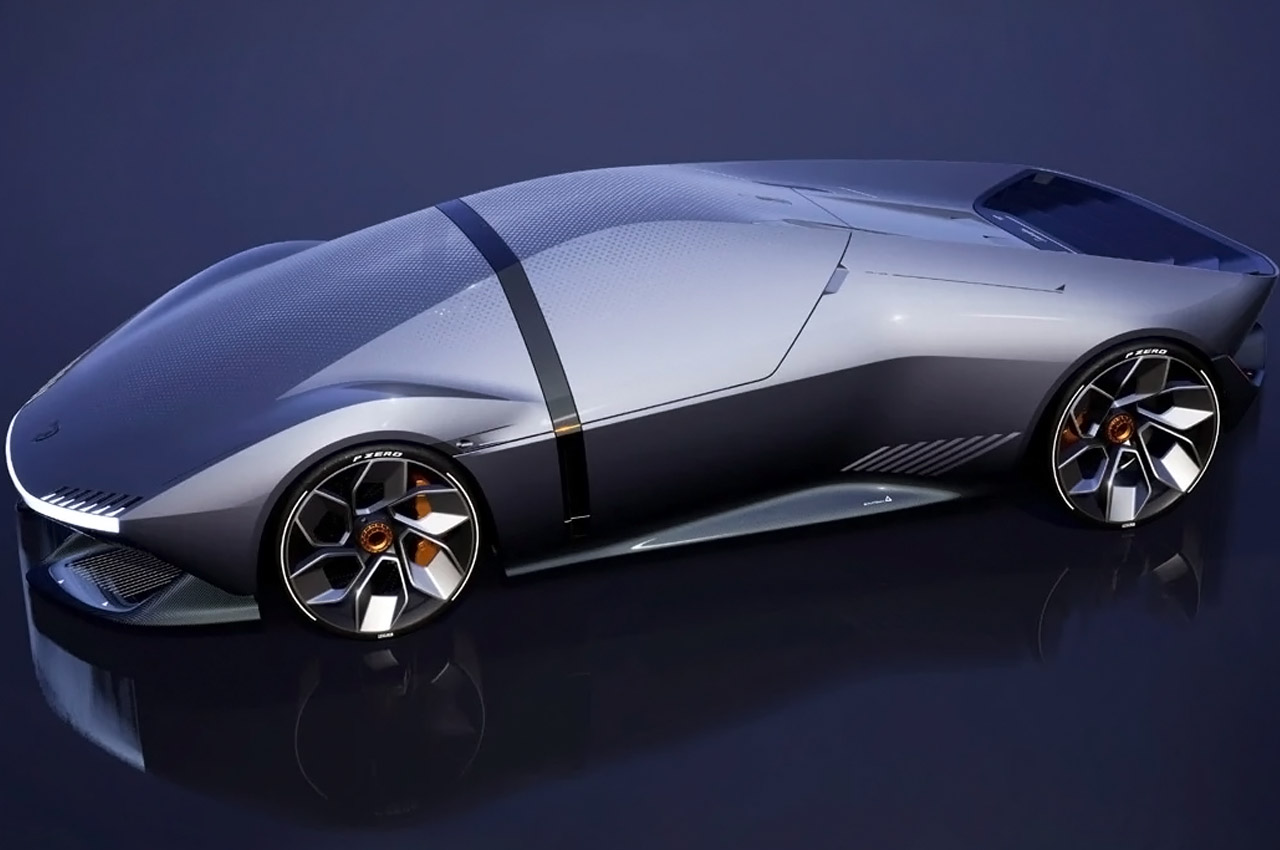
Conclusion
The world of cars is rapidly changing, with electric vehicles, autonomous technology, and sustainable practices leading the charge. As consumers become more environmentally conscious, the automotive industry will continue to innovate and adapt to meet these new demands. By embracing these advancements, we can look forward to a future where cars are not just a means of transportation, but also a vital part of a sustainable world.
The landscape of the automotive industry promises exciting developments, and understanding these trends can empower consumers to make informed choices.
